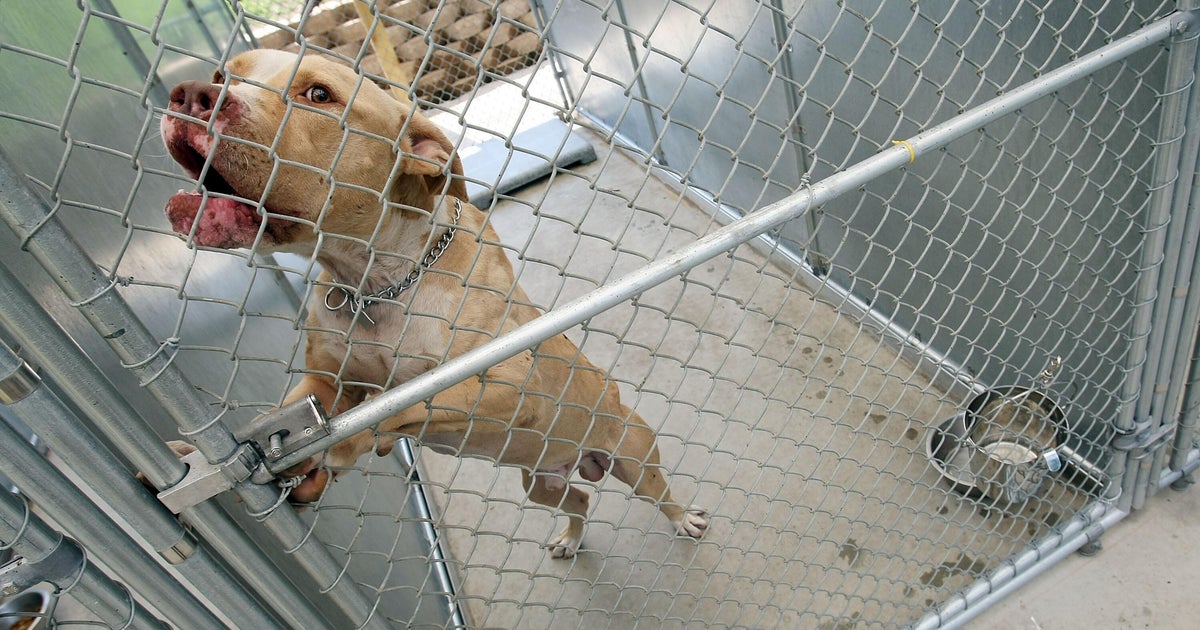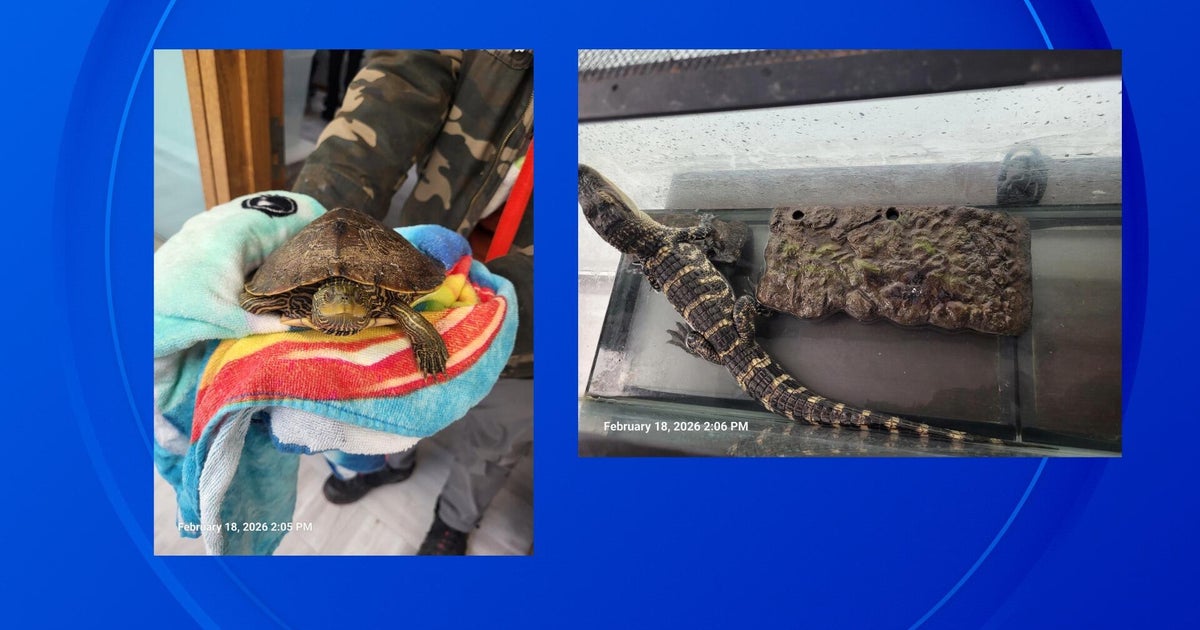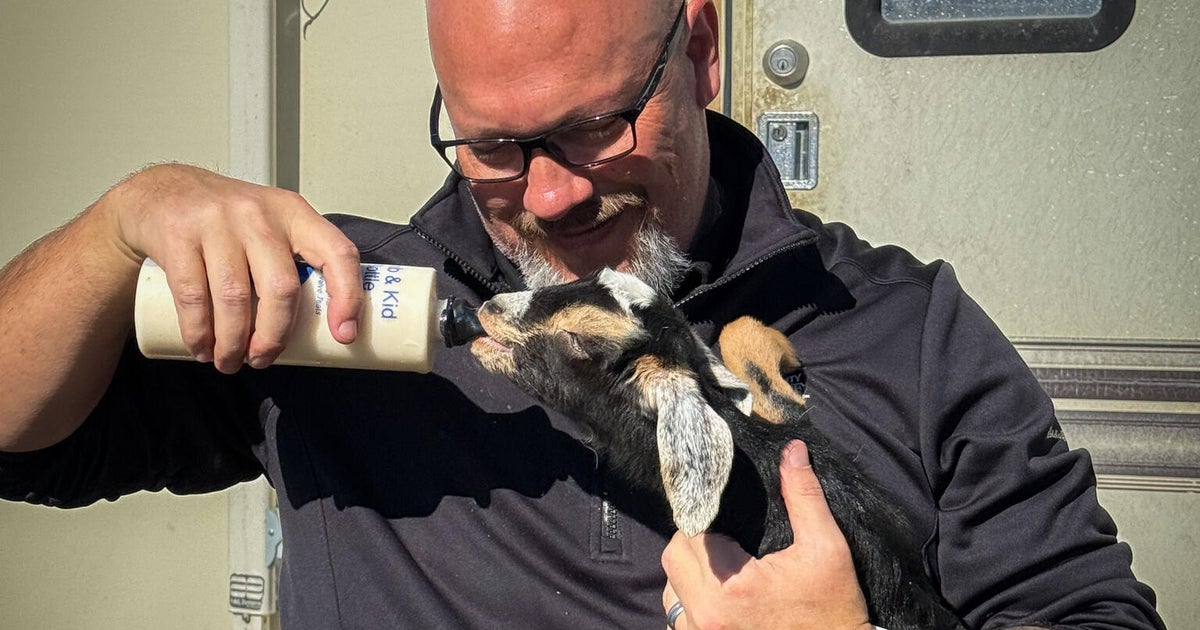What to know about zinc poisoning in dogs | Pet Project
Dogs are a lot like little kids in that they will put lots of things in their mouths that they shouldn't.
One single penny in a dog's mouth can cost you a fortune at the vet's office, and might even threaten your dog's life.
If a dog ingests a penny, it can make them seriously ill or even kill them, because of the zinc inside the coins. Pennies minted after 1982 might look like copper, but they contain zinc.
According to Pennsylvania SPCA animal advocate Carol Erickson, the Animal Poison Control hotline receives 4,000 calls each year about zinc toxicity.
But it's not just pennies that have zinc in them. Batteries, staples, nuts and bolts, zippers, board game pieces and even jewelry can contain zinc. And of course, your zinc supplements.
So what happens if your dog does get ahold of an item that contains zinc? According to Erickson, it can be tough to initially tell because the symptoms of zinc toxicity mirror other issues.
"They may be vomiting, diarrhea. They're just not too hungry, they're tired. But in a couple of days, according to veterinarians and the Tufts vet school newsletter 'Your Dog,' the zinc starts breaking down the dog's red blood cells and it causes potentially life-threatening anemia," Erickson said.
"If you leave this untreated, the liver and the kidneys will start to fail," she continued.
If you think that your dog has ingested zinc, you might even notice a change in the color of their urine, according to Erickson.
Dog owners who suspect zinc toxicity in their pets should get to a vet for blood work and an x-ray to see if that metal is still inside of them. Treatment can also vary depending on whether the zinc is inside the body or not.







